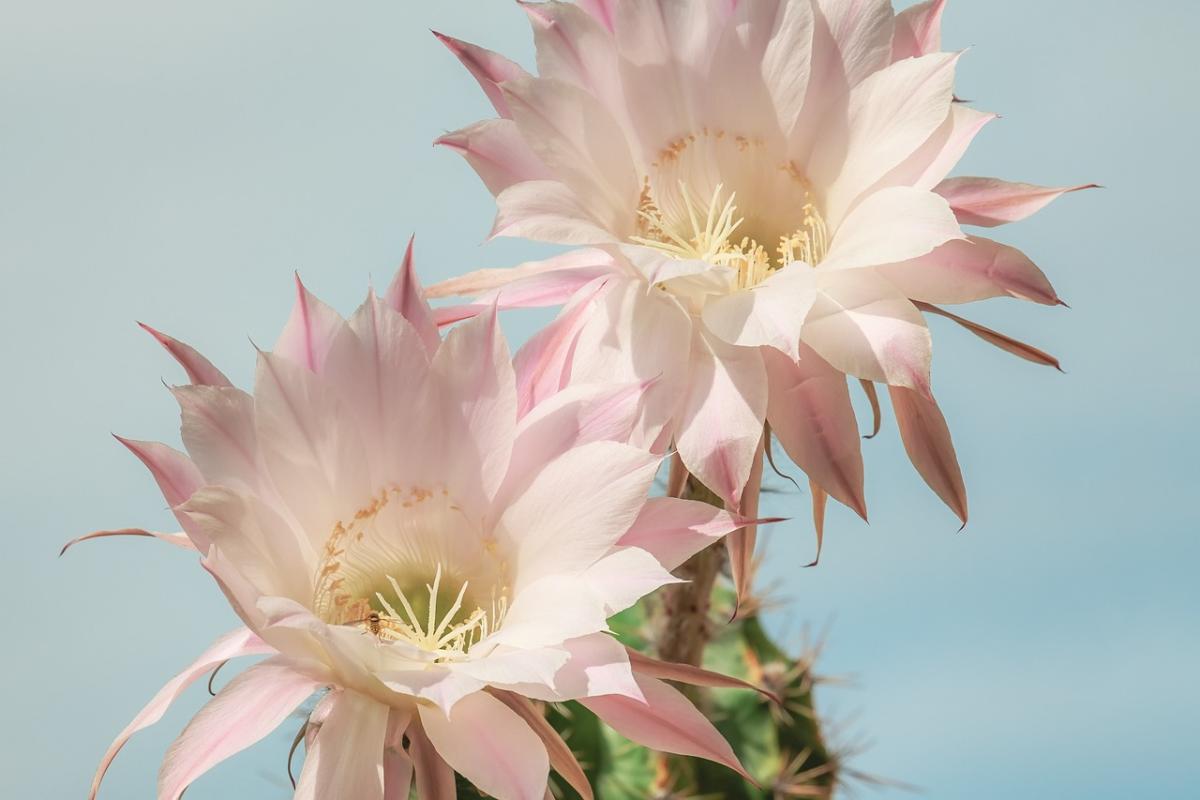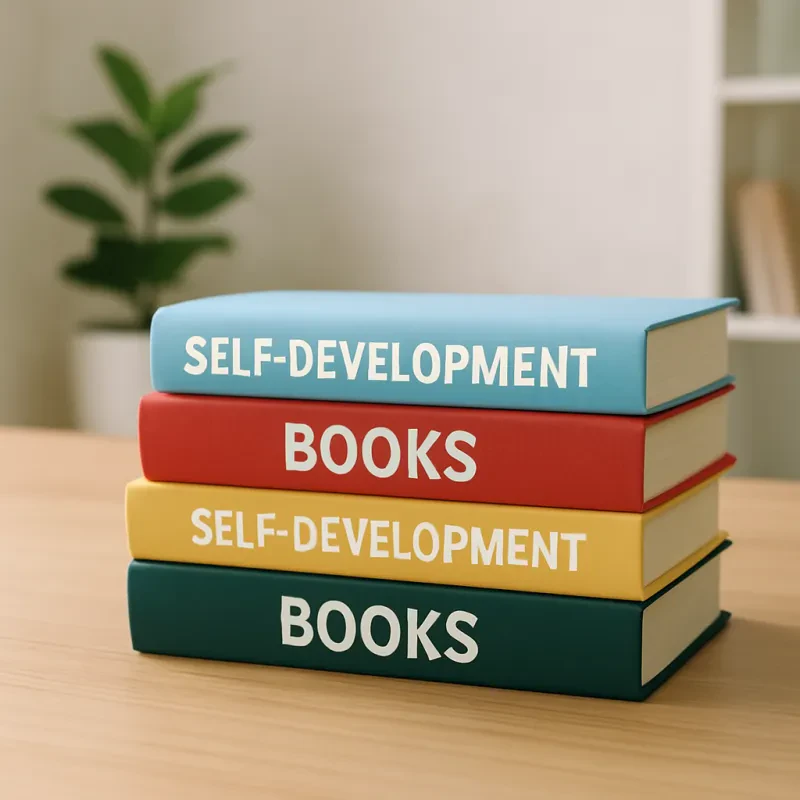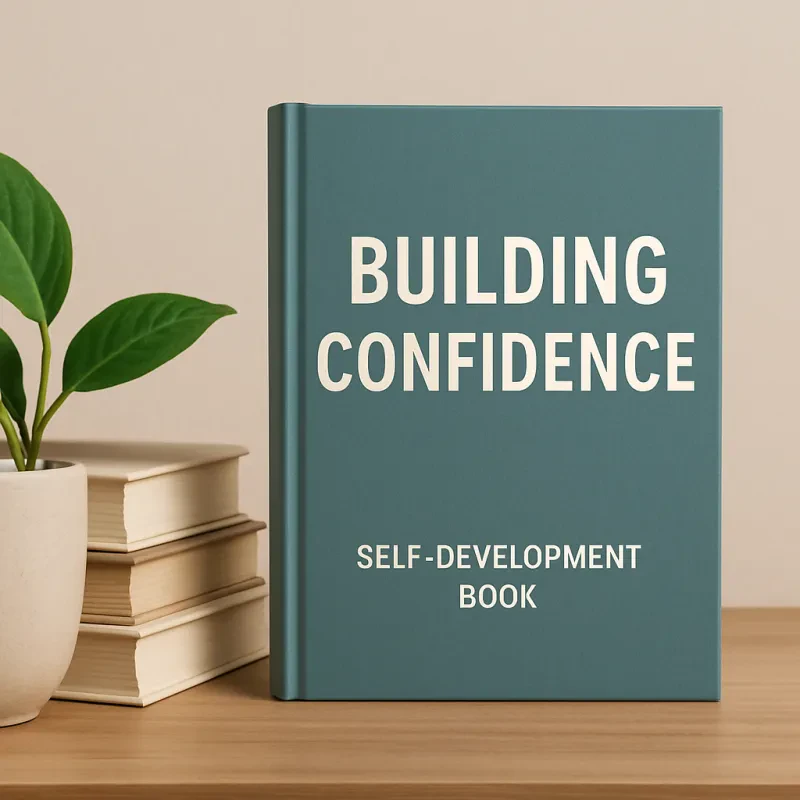Feeling Alive: How Connecting with Nature Can Transform Your Well-being
Imagine sunlight warming your face. The scent of pine fills your lungs. Birdsong creates a sweet melody. You feel calm, present, and alive. Yet, many of us spend most days indoors. We're surrounded by screens and concrete. This disconnect hurts us. Connecting with nature offers amazing benefits. It boosts our minds, bodies, and spirits.
Why Nature Deprivation Hurts Us
We spend less time outdoors now. This shift has some serious effects. What happens when we lose touch with the natural world?
The Science of Nature Deficit Disorder
Richard Louv coined the term "Nature Deficit Disorder" (NDD). It describes the negative impact of spending too little time outside. Kids with NDD might struggle to focus. Stress and anxiety levels can increase. Being in nature can boost attention spans. It can reduce stress, too.
The Impact of Urban Living on Mental Health
Cities can be exciting places. But they also present some challenges. Noise and pollution fill the air. Green spaces are often scarce. These factors increase anxiety and depression. A walk in the woods offers relief. Nature gives our minds a break.
Physical Health Consequences of Staying Indoors
Staying inside too much affects our physical well-being. Vitamin D deficiency becomes common. Lack of sunlight can weaken bones. Obesity rates rise as activity decreases. Time in nature provides vital sunlight. It encourages physical activity, as well.
Unlocking the Physical Benefits of Nature
Nature isn't just nice to look at. It actively improves our health. How does the great outdoors do this?
Nature's Impact on the Immune System
Plants release airborne chemicals. These chemicals are called phytoncides. When we breathe them in, our immune system gets a boost. Natural killer (NK) cells increase in number. They also become more active. These cells fight off infections and cancer.
Lowering Blood Pressure and Heart Rate Naturally
Spending time in green spaces can work wonders. Studies show it lowers blood pressure. Our heart rate also slows down. Nature promotes relaxation. A simple walk in the park helps you feel better.
The Role of Sunlight in Vitamin D Production
Our bodies produce vitamin D when exposed to sunlight. This vitamin is vital for bone health. It supports our immune system. It also helps with mood regulation. Just 15-20 minutes of sunshine daily is enough.
The Mental and Emotional Power of Green Spaces
Nature's benefits extend beyond the physical. It has a profound impact on our minds and emotions. How can nature heal our minds?
Nature as a Stress Reducer
Being in nature lowers cortisol levels. Cortisol is the stress hormone. Green spaces promote relaxation. They soothe our nervous system. Even a short break in nature can calm you.
Enhancing Mood and Cognitive Function
Nature boosts our mood and focus. Studies show that time outdoors improves attention spans. Creativity flourishes in natural settings. A nature walk will enhance your cognitive abilities.
Nature and Mindfulness: Finding Presence in the Moment
Nature invites us to be present. We notice the details around us. The rustling leaves or the buzzing bees. This presence enhances mindfulness practices. Nature helps us connect with the "now."
Cultivating Your Connection: Practical Tips for Integrating Nature into Your Life
Want to add more nature to your life? It's easier than you think! Here are some practical tips:
Urban Nature: Finding Green Spaces in the City
Even cities offer pockets of nature. Seek out parks and gardens. Look for community gardens. Plant a window box with flowers. Nature is closer than you realize.
Incorporating Nature into Your Daily Routine
Add small doses of nature to your day. Walk to work through a park. Eat lunch outside. Keep a plant on your desk. Small changes make a big impact.
Nature-Based Hobbies: Hiking, Camping, and More
Take up outdoor hobbies. Try hiking or camping. Go birdwatching or fishing. These activities immerse you in nature. They offer adventure and relaxation.
Nature as a Source of Inspiration and Creativity
Nature sparks creativity. It provides endless inspiration. Where does this creative power come from?
Nature's Influence on Art, Music, and Literature
Throughout history, nature has inspired artists. Think of Monet's water lilies. Or Beethoven's "Pastoral Symphony." Writers like Thoreau celebrated nature. Nature provides endless material for creative expression.
Using Nature for Problem-Solving and Innovation
Nature offers solutions to complex problems. Biomimicry uses nature's designs to inspire innovation. Velcro was inspired by burrs. Architects learn from beehives. Nature holds the key to many innovations.
Finding Awe and Wonder in the Natural World
Experiencing awe and wonder is important. Seeing a vast mountain range. Stargazing on a clear night. These moments fill us with a sense of connection. Awe and wonder boost our well-being.
Conclusion
Connecting with nature offers profound benefits. It boosts our physical, mental, and spiritual well-being. Prioritize nature in your life. Take a walk in the woods. Sit by a lake. Breathe in the fresh air. Share your experiences with others. Nature awaits!



